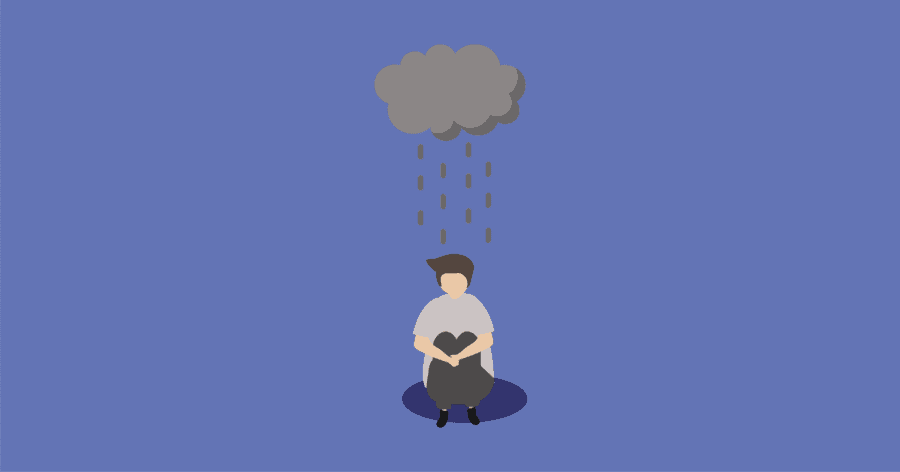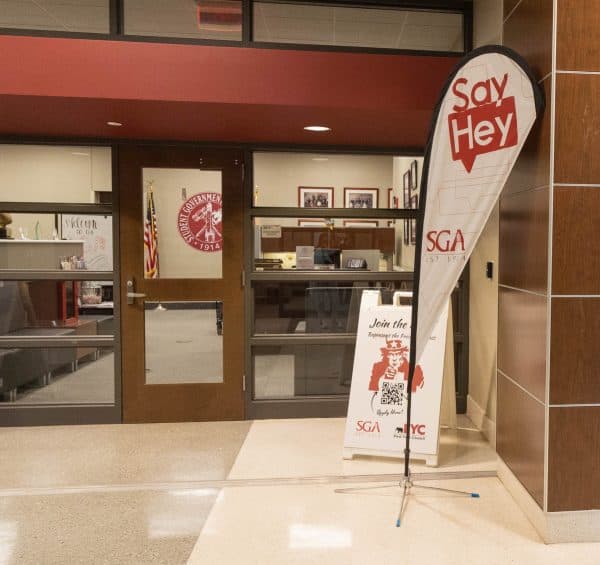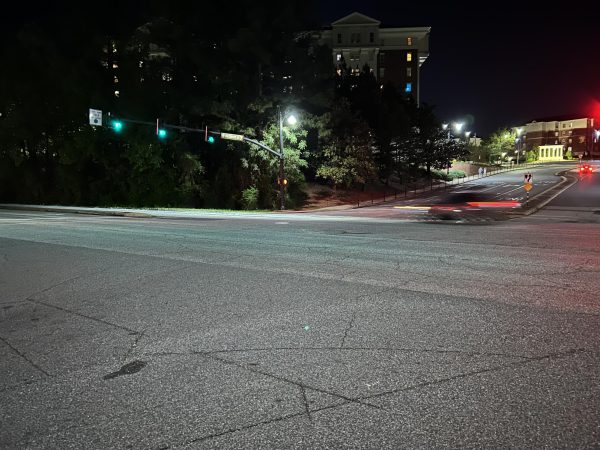‘The new normal’: How students are coping with a rise in climate disasters
When disaster strikes, students feel the effects—even if they’re miles away.
March 29, 2021
With climate disasters on the rise across the United States, some UA students say they’re struggling to cope with the impact.
Rising emission levels contribute to global warming, which causes weather instability. In the past decade, 1.7 billion people have been impacted by climate disasters and extreme weather events.
Jeff Hatton, a senior majoring in journalism and creative media, is from Houston, Texas. His family was without power during Winter Storm Uri in mid-February, and some of his relatives experienced flooding. The storm left 137 people dead and overburdened the state’s power grid. During the storm’s peak, about 4.5 million Texans were without power.
When Hatton was a freshman, his family was also impacted by Hurricane Harvey, the 2017 hurricane that killed 105 people.
“My parents told me they would take a hurricane over this any day of the week,” Hatton said.
Hatton said his anxiety about being away from his family and girlfriend during climate disasters has been a constant mental struggle that worsened during the power grid meltdown in Texas. He said it distracted him from everything else, including school.
“I was thinking about my parents the majority of the time,” he said. “I was talking to them every day. It’s one of those things where I wish I could do something for them, but I know that the best thing that I could be doing for them is being away so I’m not using the resources.”
Since 1953, there have been 360 disaster declarations in Texas. Mississippi has also faced heightened weather threats. Mississippi resident Ash Wood, a freshman majoring in environmental science, said her family has lived in the state for generations. While they have not been personally affected by recent storms, Wood said she still worries.
“It’s scary to think that if some of these storms had been a football field over, my friends probably wouldn’t have made it,” Wood said.
Greg Vander Wal, executive director of the UA Counseling Center, said these feelings are common among students dealing with natural disasters.
“Things like climate change and natural disasters cause stress,” Vander Wal said. “They lead to a lot of problems in terms of having to deal with financial issues and repairs. When we have an increased amount of stress, it is harder to deal with the normal stressors in life.”
According to Vander Wal, anxiety surrounding natural disasters, on top of stress about school, can lead to increased levels of distress, anxiety and depression. Post-traumatic stress disorder is one mental health outcome associated with natural disasters.
Wood said her reaction to storms is predictable, but still all-consuming.
“When I know that a storm is going to happen, I sort of just enter a waiting mode,” she said. “My entire thought process revolves around a storm happening so nothing gets done.”
Wood said she is “always an advocate” for counseling and recommends the mental health services available to UA students, which includes a consultation with a psychologist at the UA Counseling Center and resources through the Counseling Center’s website. She also keeps a backpack in her closet with clothes, a first-aid kit and an umbrella in case of an emergency.
Vander Wal said struggling with anxiety from climate disasters is a “perfectly good reason to seek out resources.”
Nick Wright, a senior majoring in political science and biology, is the service director for the UA Environmental Council. Wright said he believes citizens and lawmakers have a responsibility to prevent the cause of these storms: climate change.
“When you get freak weather accidents like that, which are happening more and more often, it’s scary for people,” he said. “A lot of these things are things that they didn’t expect to be an issue. We’ve tried to teach people about climate change and how they can do their part to prevent it.”
The UA Environmental Council has educated students through a climate strike in September of 2019 and regular presentations on reducing carbon footprints, but Wright said there needs to be change on a larger scale.
“It takes larger institutions doing their part as well to actually have a serious impact,” he said. “I’m trying to convince people that it’s a universal issue. It’ll affect everybody, but not in the same way.”
Hatton said he wants to see more preparation for climate disasters, but he does not blame climate change for the recent storm in Texas.
“I don’t think you can blame Texas for what happened, and you can’t blame the companies for what happened,” he said. “It’s reasonable to me that we weren’t prepared for it. We just shouldn’t allow that to happen again.”
Having a community on campus helped Hatton through his anxiety about his family during the storm.
As these disasters continue to occur around the country, more conversation will be had about the long-term mental health impacts. Wright said he feels that those conversations will become more common as climate change continues to shape our reality.
“It’s frightening,” he said. “But I think at the same time, people are just getting used to it pretty quickly because if it’s going to be the new normal, you kind of have to.”











